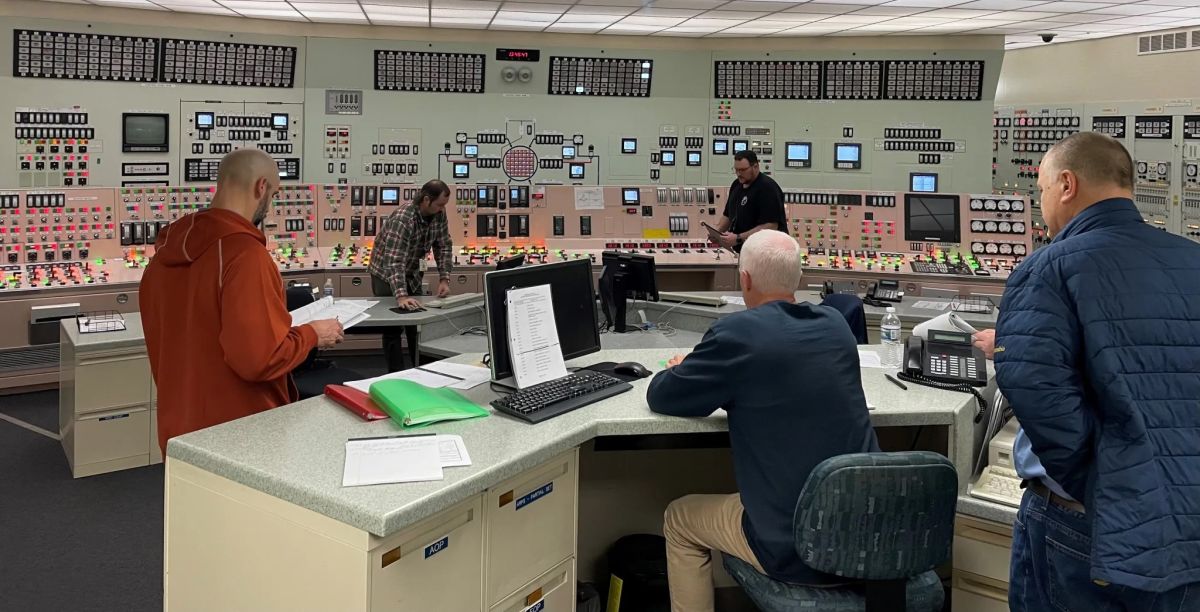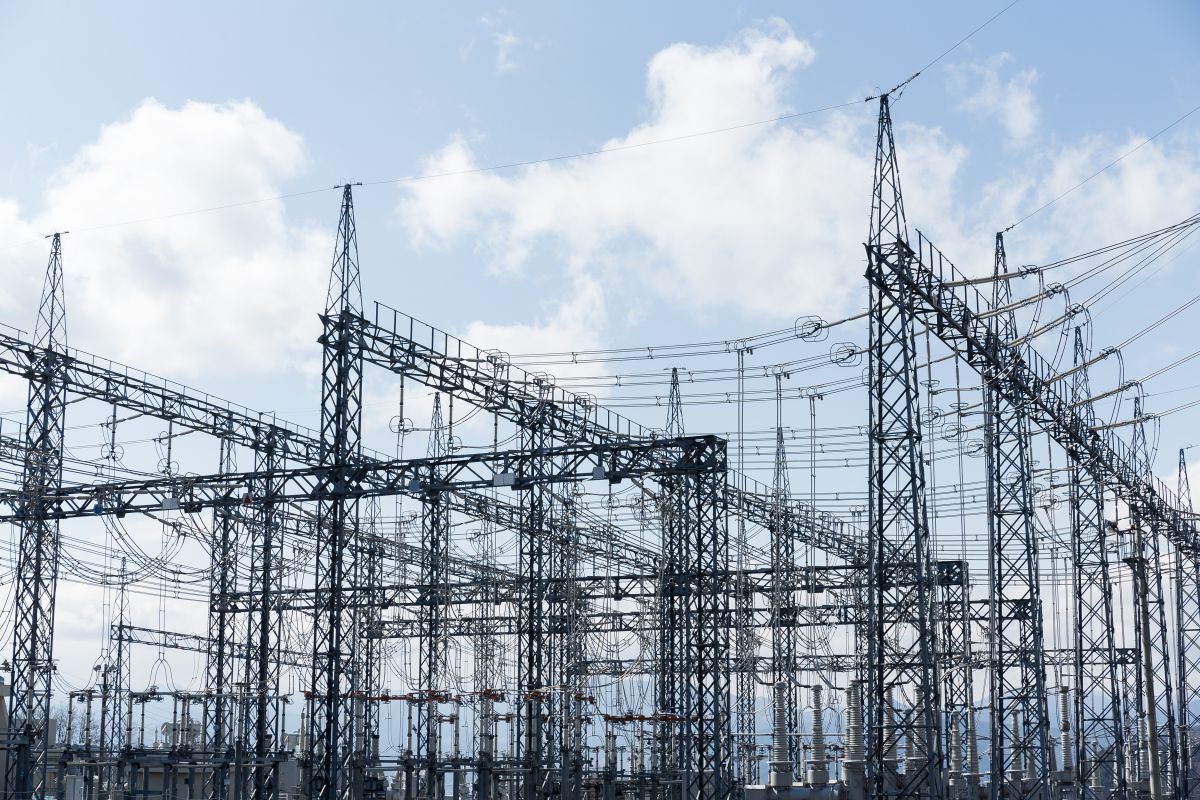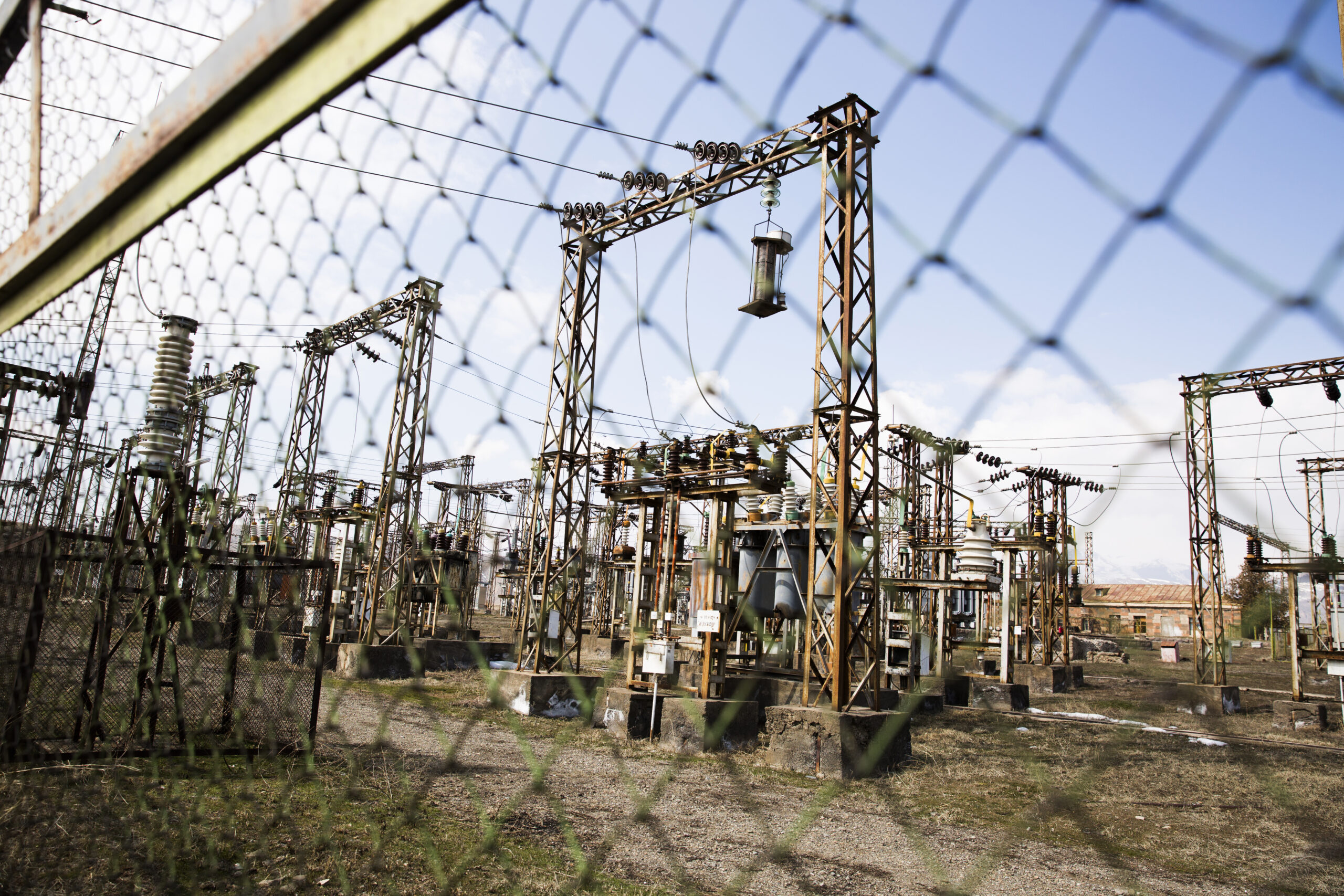The North American Electric Reliability Corporation (NERC) is pivotal in ensuring the reliability and security of the North American power system. In January 2024, several NERC standard revisions will mark a significant step in enhancing the bulk electric system’s resilience and efficiency, coping with threats against power grids. This blog provides a detailed overview of these upcoming changes, outlining their implications for Generator Owners (GOs) and Generator Operators (GOPs).
According to the Reliability Standards Development Plan, these are the standards that will undergo revision in 2024, according to the Reliability Standards Development Plan.
Standard | Applicability | Effective Date of Standard |
|---|---|---|
CIP-003 | GO/GOP | 4/1/2026 |
CIP-004 | GO/GOP (Medium) | 1/1/2024 |
CIP-011 | GO/GOP (Medium) | 1/1/2024 |
EOP-012 | GO/GOP | 10/1/2024 |
FAC-001 | Applicable GO | 1/1/2024 |
FAC-002 | GO/ Applicable GO | 1/1/2024 |
FAC-003 | Applicable GO | 4/1/2024 |
PRC-002 | Generator Owner | 4/1/2024 |
PRC-023 | Applicable GO | 4/1/2024 |
PRC-026 | Applicable GO | 4/1/2024 |
TOP-001 | Generator Operator | 4/1/2024 |

Critical Infrastructure Protection (CIP) Standards
- CIP-003 (Effective 4/1/2026): This standard, applicable to GO/GOP entities, is designed to ensure the security of cyber assets essential to the reliable operation of the electric grid. The revision may include enhanced protocols for incident reporting and system access control, necessitating updated cybersecurity policies and procedures for affected entities.
- CIP-004 and CIP-011 (Effective 1/1/2024): Both standards of NERC CIP, targeting GO/GOP (Medium) entities, are integral to safeguarding the information systems and data essential for grid reliability. The revisions are expected to focus on strengthening insider threat programs, reinforcing access control measures, and ensuring the secure exchange of information.
Emergency and Operational Planning (EOP) Standards
- EOP-012 (Effective 10/1/2024): This standard, applicable to GO/GOP entities, addresses contingency planning and emergency response strategies. The forthcoming revisions could encompass more robust requirements for emergency preparedness and coordinated response plans, ensuring a swift and effective reaction to grid disturbances or catastrophic events.
Facility Design, Connections, and Maintenance (FAC) Standards
- FAC-001, FAC-002, and FAC-003 (Effective 1/1/2024 and 4/1/2024): These standards, relevant to applicable GOs, focus on the design and maintenance of transmission and generation facilities. Revisions may include updated criteria for facility connections, enhanced maintenance protocols, and power grid services.
- FAC-003 (Effective date 4/1/2024): In 2023, NERC’s revisions to FAC-003 likely aim to enhance transmission vegetation management, addressing evolving risks and ensuring continued reliability and safety of the electric grid infrastructure.
Protection and Control (PRC) Standards
- PRC-002, PRC-023, and PRC-026 (Effective 4/1/2024): Targeting Generator Owners, these standards revolve around protective relay operations and system performance during disturbances. The revisions could introduce new requirements for relay settings, system protection measures, and equipment performance standards to minimize the risk of system failures and blackouts.
Transmission Operations (TOP) Standards
- TOP-001 (Effective 4/1/2024): This standard, aimed at Generator Operators, dictates the operational responsibilities for maintaining system reliability. The upcoming changes might enhance communication protocols, real-time monitoring requirements, and operational decision-making processes.
Conclusion
The NERC standard revisions underscore a commitment to strengthening the North American grid reliability and power grid services. Generator Owners and Operators must stay informed and prepared to implement these changes effectively. By adapting to these updated standards, entities can comply with regulatory requirements and contribute to a more resilient and efficient bulk electric system. It’s essential for all stakeholders to closely follow NERC’s updates and actively participate in the transition process, ensuring a smooth and successful implementation of these critical standards.
Disclaimer: Any opinions expressed in this blog do not necessarily reflect the opinions of Certrec. This content is meant for informational purposes only.












